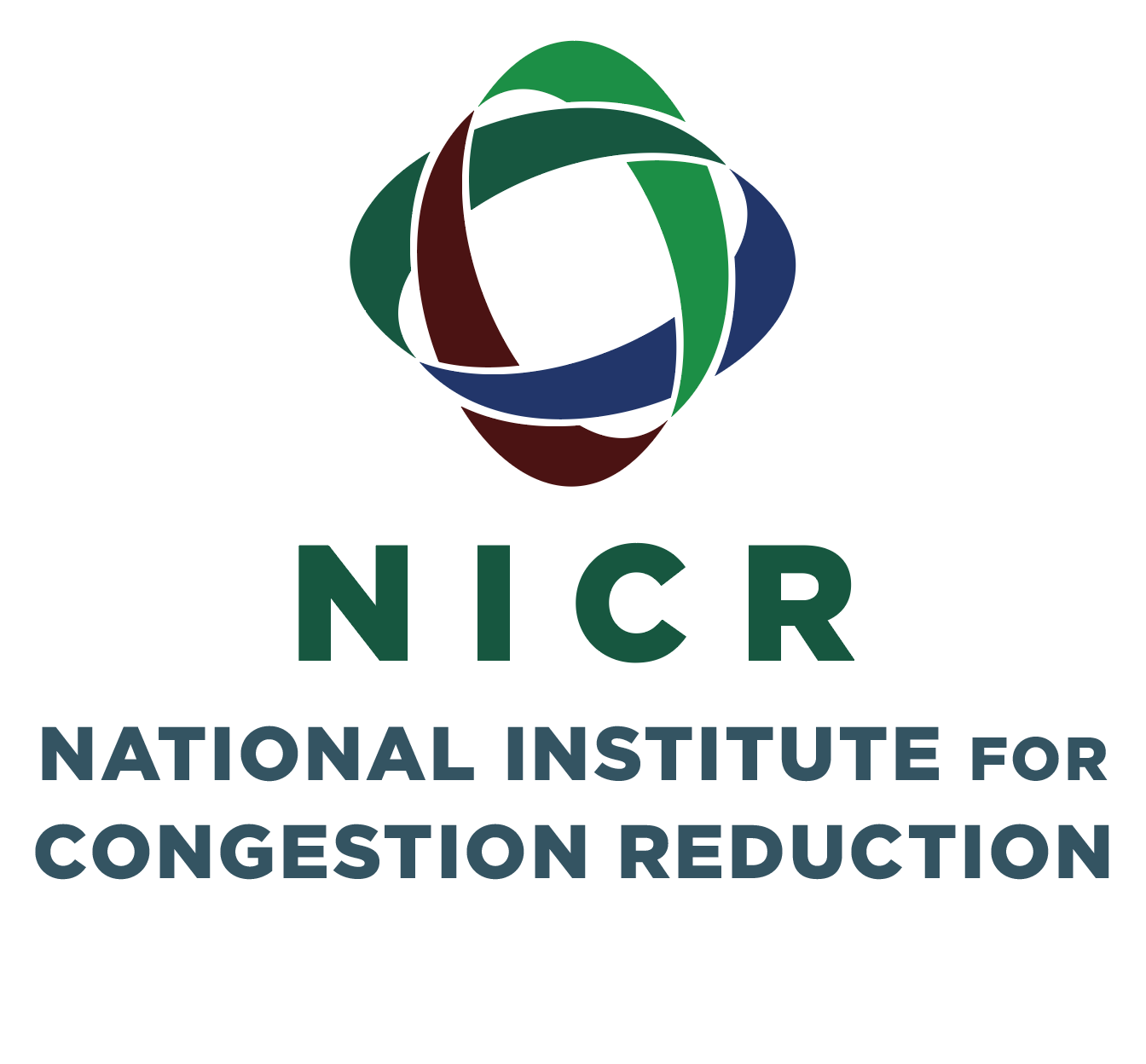Document Type
Technical Report
Publication Date
12-1-2023
Keywords
Metropolitan Planning Organization (MPO), traffic congestion, congestion managementstrategies, transportation planning, MPO board members
Digital Object Identifier (DOI)
https://doi.org/10.5038/CUTR-NICR-Y2-E2
Abstract
Metropolitan Planning Organization (MPO) board members are responsible for establishing a long-range transportation vision for their metropolitan area and for making a variety of other significant transportation planning and programming decisions. These decisions have noteworthy and long-lasting impacts on the character of their communities, including the impact on system-wide and corridor-level congestion. Yet, the vast majority of MPO board members come to their position without any background in transportation system development and even less on the nature of congestion. This training program, created under the guidance of the Association of Metropolitan Planning Organizations (AMPO), the National Association of Regional Councils (NARC), and the Florida MPO Advisory Council (MPOAC), educates MPO board members on their role in managing and reducing congestion in their metropolitan area. The modular podcast-style video training program covers a number of topics including the definition of transportation congestion, the root causes of congestion, the advantages and disadvantages of congestion, and the techniques for managing and reducing congestion where appropriate. It also includes a description of the basic process and product requirements for MPOs and the role played by MPO board members. Upon completion of the training, MPO board members will better understand their role in defining the future of congestion on their regional transportation system, resulting in a more robust planning and programming approach to congestion reduction nationwide.
Scholar Commons Citation
Kramer, Jeffrey; Dinehart, Taylor; and Boyd, Tia, "MPO Board Member Training on Congestion Reduction" (2023). Research Reports. 25.
https://digitalcommons.usf.edu/cutr_nicr/25
Policy Brief


